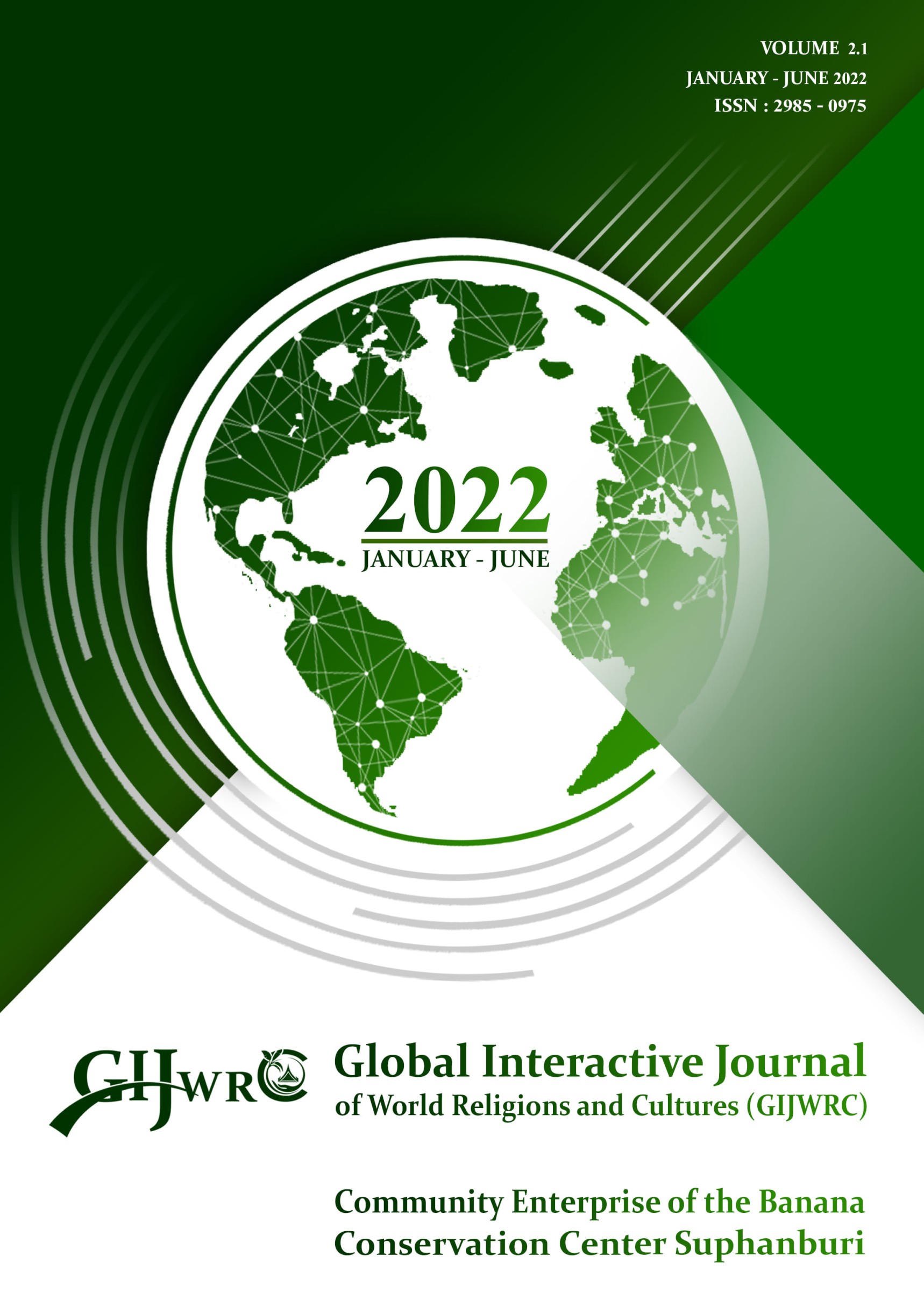THE GOOD FRIENDS (KALYĀṆAMITTA-DHAMMA) AS FOUNDATIONAL QUALITY OF THE MEDITATOR
Main Article Content
Abstract
This article focuses on the qualities of a mediator studied from various views of western perspectives. Apart from skills and techniques that a mediator needs to master in order to be an effective and professional one, some personal qualities are really important as they can help implement a mediator to be more effective, respectful, and reliable in acquiring the skills and performing the work. There are many qualities that a mediator should possess suggested by various experts. Many of them are similar. In this article, the author combined all the similar qualities and presented that there are six important qualities that can be drawn from the western experts. In addition to the western perspective on qualities of a mediator, the good friends, a Buddhist teaching on the seven qualities of a good friend, is studied and compared to the six qualities of a mediator drawn from the western perspective. After the comparison, it is found that some qualities are exactly matched and many are compatible to each other. Thus, the good friends presented here to be foundational qualities for a mediator or a mediator-to-be in enhancing the mastery of the skills and work performance in the mediation process.
Article Details
References
Bowling, D., & Hoffman, D. (2000). Bringing Peace into the Room: The Personal Qualities of the Mediator and Their Impact on the Mediation. Negotiation Journal, 16, 5–28.
Collins, H. (2005). The most important personal qualities a mediator needs. Retrieved, July15, 2022, from https://www.icfml.org/uploads/2020/03/collins2005.pdf.
Fraser, Wilson and P.C. Bryan. (2017). 5 Characteristics of a Great Mediator. Retrieved July 15, 2022, from https://fwblawtx.com/5-characteristics-great-mediator/.
Imperati, Sam. (2020). Traits of a ‘Mediator. Mediate.com: Everything Mediation. Retrieved, July15, 2022, fromhttps://www.mediate.com/articles/imperati1.cfm.
Lande, J., & Wohl, R. (2006). Listening to Experienced Users. Dispute Resolution Magazine, 13, 18.
McCorkle, Suzanne and Melanie J. Reese. (2018). Mediation Theory and Practice. (3rded.). California: SAGE Publications, Inc.
Moore, Christopher W. (2014) The Mediation Process: Practical Strategies for Resolving Conflict. (4thed.). California: Jossey-Bass.
Payutto, P.A. (2017), Translated by Bruce Evans. A Constitution for Living: Buddhist Principles for a Fruitful and Harmonious Life. Bangkok: Palidham.
PON Staff. (2020). Mediation Checklist: 5 Questions to Ask When Hiring Mediators. Program on Negotiation: Harvard Law School. Retrieved July 15, 2022, from https://www.pon.harvard.edu/daily/mediation/hiring-a-mediator-a-checklist/.
Sujato, Bhikkhu. (2018). Tr. Dutiyamitta Sutta: A Friend (2nd) (AN 7.37). SuttaCentral. Retrieved July 15, 2022, from https://suttacentral.net/an7.37/en/sujato.
Sujato, Bhikkhu. (2018). Tr. Kalyanamittadi Vagga. (AN 1.71). Sutta Central. Retrieved July 15, 2022, from https://suttacentral.net/an1.71-81/en/sujato.


